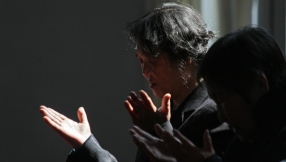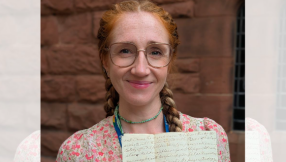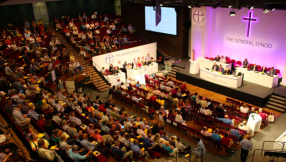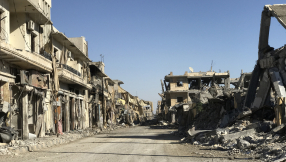Ecumenical Conference Acknowledges a 'New Europe'
|PIC1|Upon the opening of the conference, titled 'Together for Europe 2007', Rev Dr Samuel Kobia, the General Secretary of the World Council of Churches, hailed the event with "great joy".
In a message to delegates, Kobia expressed his hope that their experience would enable Christians "to continue growing together in a spirituality of unity and love".
Co-moderated by a WCC president, Archbishop Dr Anastasios of Tirana, head of the Orthodox Autocephalous Church of Albania, the event has been promoted by more than 170 Christian movements and communities from Catholic, Orthodox, Anglican and Protestant confessions. In addition, a number of European church leaders and politicians are expected to participate.
"We have seen the encouraging outcomes of your last meeting: the fruits of the co-operation of Christian communities and organisations in the spirit of unity across the still existing divisions between church families", Kobia said in his message celebrating the encounter.
'Together for Europe 2007' is the second gathering of its kind. The first such meeting in Stuttgart took place in May 2004.
This year more than 12,000 Christians are expected to gather from all over Europe throughout the three days. They will celebrate "the vital contribution made to the well-being of the continent by groups, movements and associations that dedicate themselves to tackling exclusion and strengthening social cohesion in Europe's cities and regions", in the words of the organisers.
The meeting in Stuttgart acknowledges and reflects a "new Europe", Kobia expressed in his message.
Europe is "redefining its boundaries" and "beginning to wake up to the challenges of climate change, water scarcity and the loss of bio-diversity", according to Kobia. After colonising parts of Africa, South America and the Caribbean, in Asia, the Pacific and the Middle East, Kobia said Europe is "now facing the moral obligation of mediating the wars and conflicts and of receiving migrants and refugees".
Highlights of the event will be transmitted live from Stuttgart, and this broadcast is to be shown on a giant screen on Saturday 12 May at the Ecumenical Centre in Geneva.













